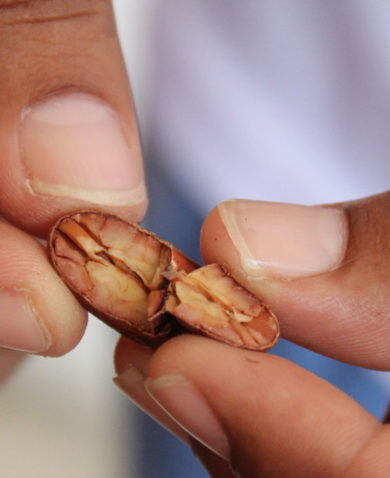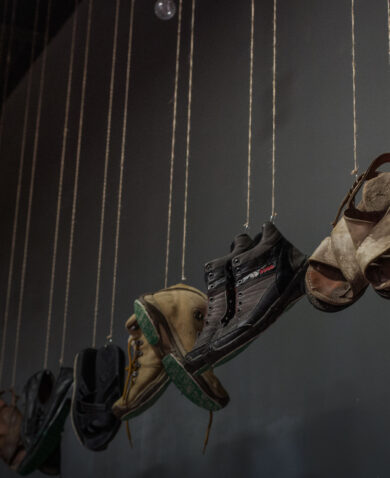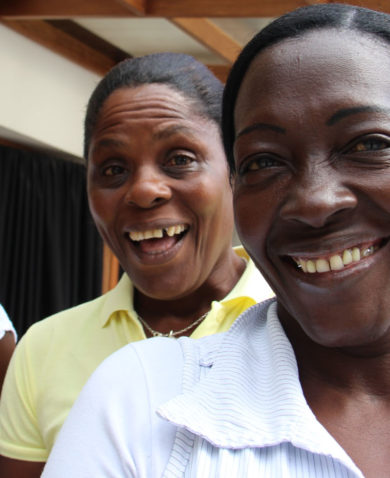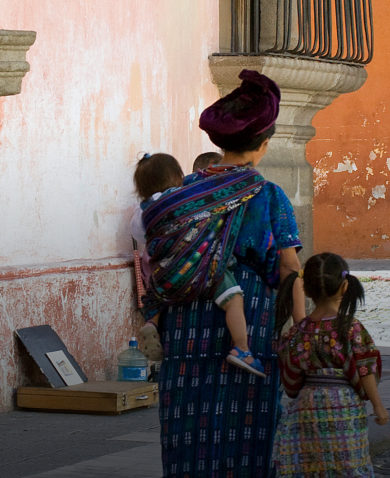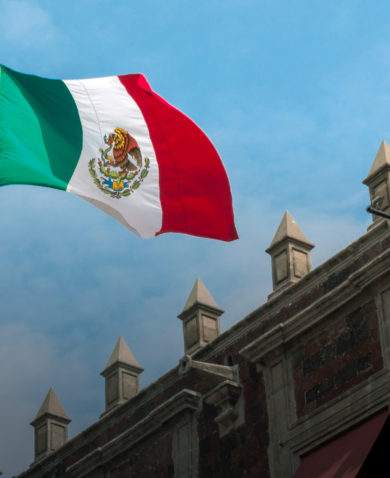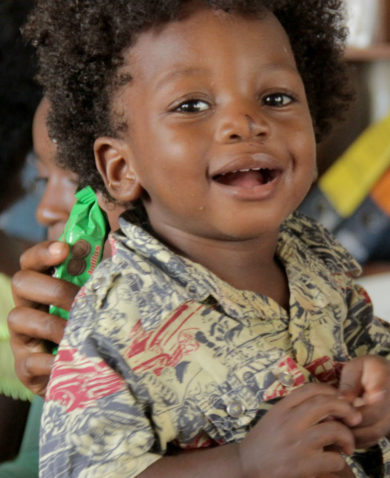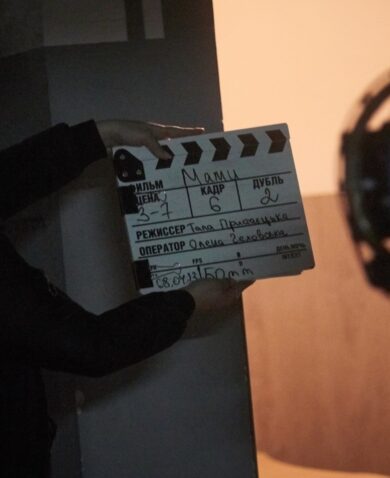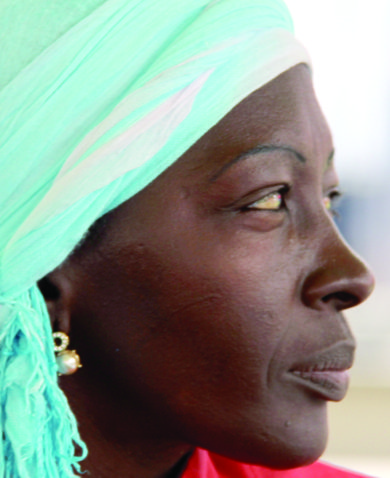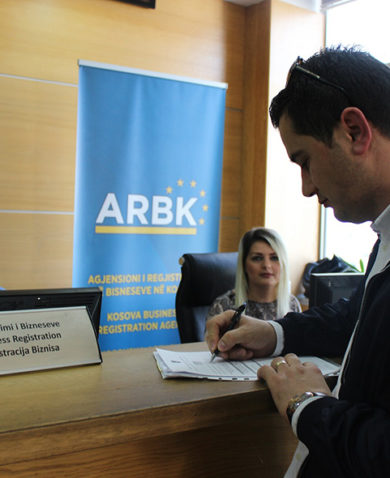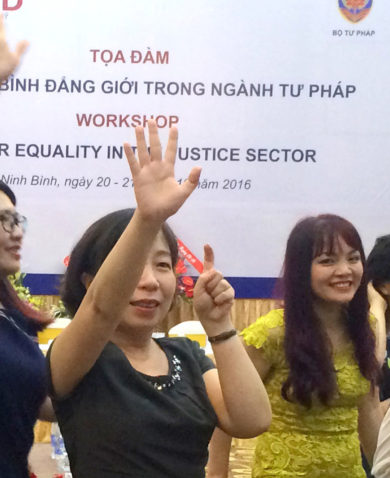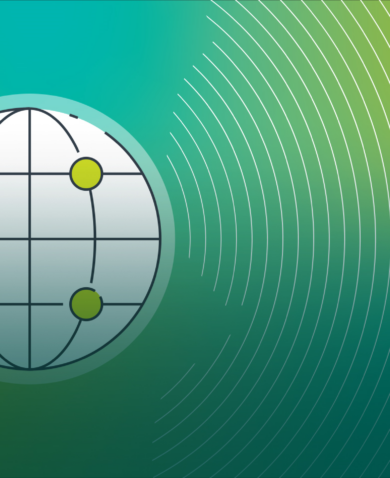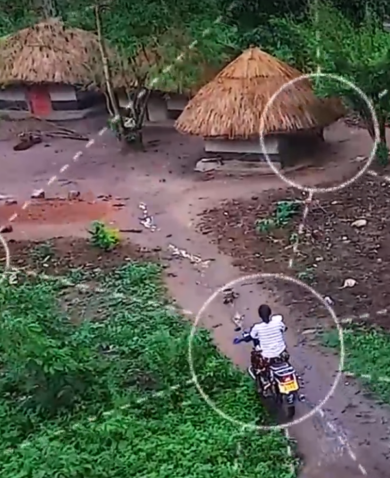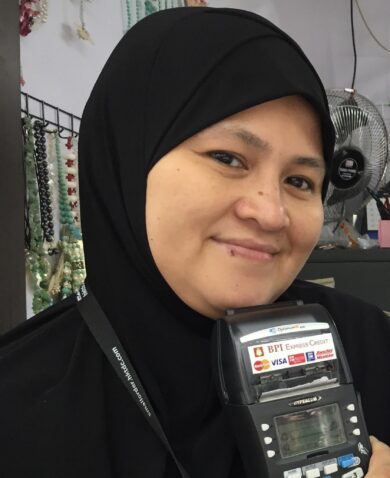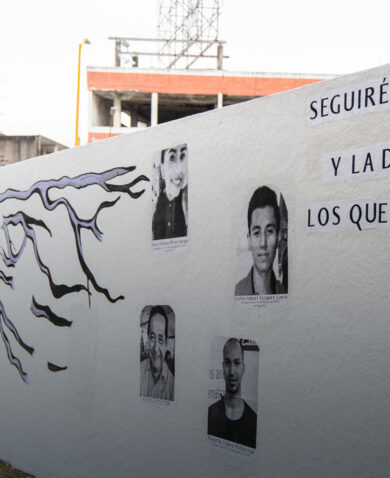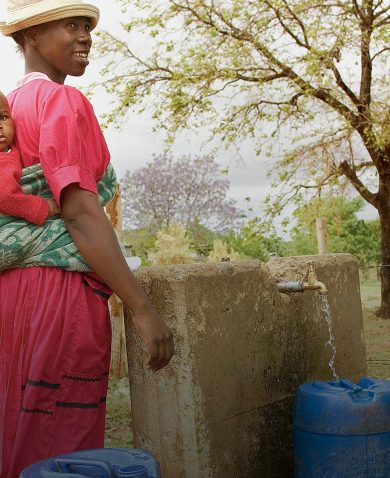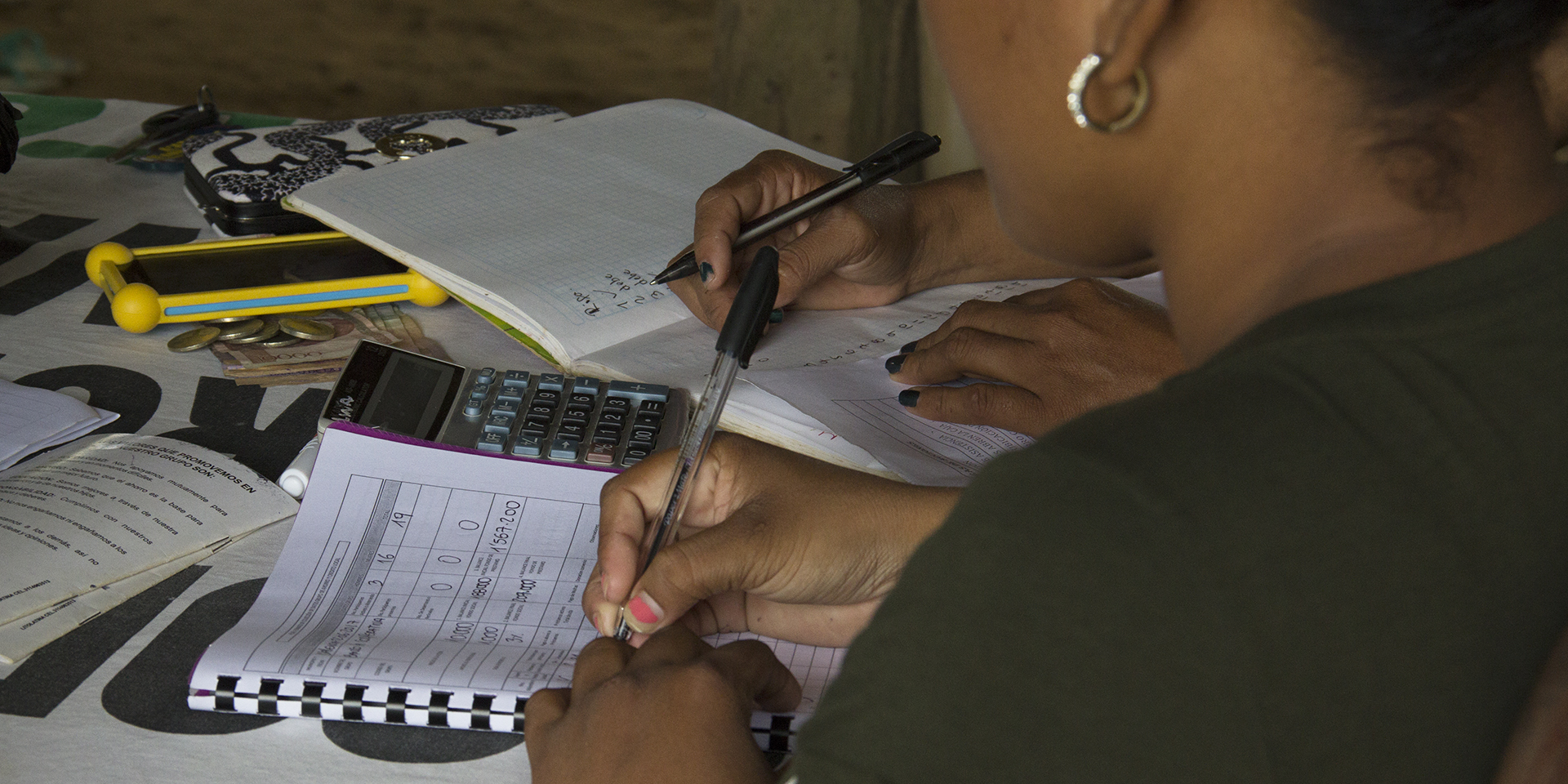
Chemonics News
News: Chemonics at Evaluation 2017
October 31, 2017 | 2 Minute ReadAt the American Evaluation Association’s annual conference in Washington, D.C., Chemonics experts explore the impact of evaluation practices around the world.
Improving the effectiveness of a program, policy, product, or organization requires assessing strengths and weaknesses — also known as evaluation. From November 6 to 11, evaluators, scholars, and students from around the world convene in Washington, D.C., for the American Evaluation Association’s annual conference to explore diverse evaluation practices and learn from their successes.
The conference, now in its 31st year, focuses on the theme From Learning to Action, which examines the role of evaluation in learning and developing new best practices and outcomes. Conference sessions center around four core topics:
- Learning to enhance evaluation practices
- Learning what works and why
- Learning from others
- Learning about evaluation users and uses
Drawing from field experience, Chemonics experts share their findings and best practices in three sessions. On Thursday, November 9 (4:30 p.m. ET), Charles Abani, chief of party of USAID’s Strengthening Advocacy and Civic Engagement project in Nigeria, presents in a session called “Do it, Log it, Learn and Adapt — an Approach to Real-Time Advocacy Strategizing and Iterative Outcome Harvesting.” This session shares the project’s methodology for designing iterative and responsive real-time advocacy strategies.
Camila Cely, monitoring and planning coordinator for USAID’s Colombia Human Rights Activity, presents “A Window to Strengthening Human Rights Abuse Prevention Efforts in Post-Accord Colombia” on Friday, November 10 (8 a.m. ET). This special “Ignite” presentation follows a fast-paced format using 20 PowerPoint slides that automatically advance every 15 seconds. In just five minutes, Ms. Cely outlines how the project evaluates local governments’ capacities to prevent human rights abuses and employs community evaluations to confirm that government efforts are implemented appropriately.
Lastly, on Saturday, November 11 (10:15 a.m. ET), Jove Tapiador, monitoring and evaluation specialist for the Philippines E-PESO activity, leads the session “E-Payments Modeling — From Zero to Hero.” This session explores the methods and challenges associated with encouraging widespread adoption of e-payments in the Philippines.
“We are particularly pleased to have three outstanding field representatives from our projects around the globe sharing their knowledge and experiences of putting evaluation into action at the premier U.S. evaluation conference,” says Christopher Gegenheimer, director of Chemonics’ Monitoring, Evaluation, and Learning Department. “We’re looking forward to both learning from and contributing to the continued learning of what works in international development interventions.”
Stay updated on all the action at the American Evaluation Association’s conference on social media by following @chemonics and #Eval17.















